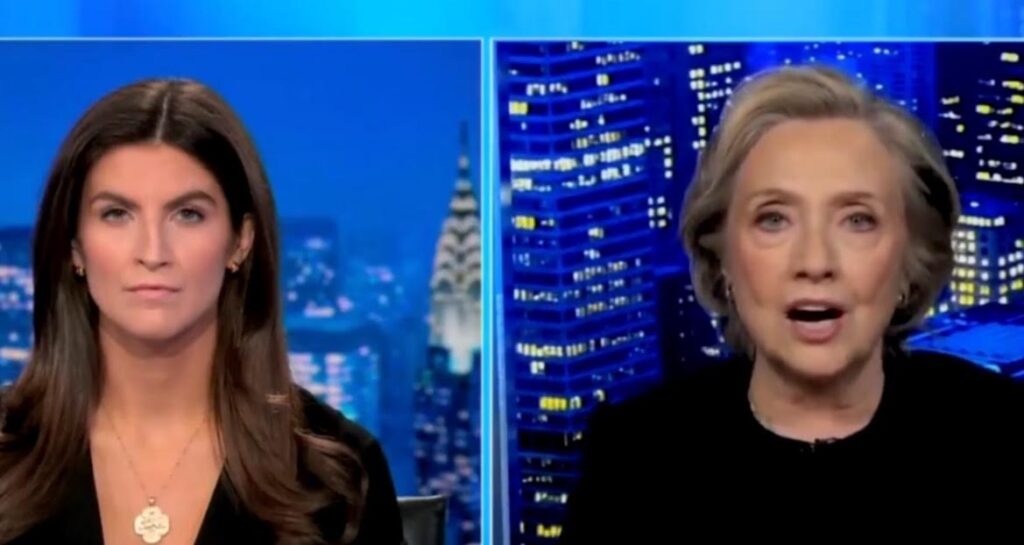In a recent interview on CNN, Hillary Clinton made controversial remarks about supporters of Donald Trump, claiming that those attending his rally at Madison Square Garden are akin to “Nazis” and “deplorables.” This statement adds to the heightened political tensions as Clinton expresses her disdain toward the former president just days before a significant election. Clinton’s comments come alongside an inflammatory narrative that has emerged regarding Trump’s past remarks about Adolf Hitler, allegedly relayed by his former Chief of Staff, John Kelly. This creates a climate of exacerbated partisan divisions, as both sides accuse each other of spreading misinformation.
During the interview with Kaitlan Collins, Clinton invoked historical references to frame her criticism of Trump and his supporters. She asserted that the forthcoming rally is reminiscent of a notorious 1939 event held at Madison Square Garden that featured Nazi sympathizers. Clinton’s assertion includes mentioning that then-President Franklin Roosevelt condemned the gathering of fascists and neo-Nazis in America. This historical analogy seems to amplify her concerns about the current political atmosphere, suggesting that Trump’s rhetoric and rallying tactics mirror those deeply rooted in extremist ideology.
Clinton’s remarks provoked a swift and strong response from Trump’s supporters, who dismissed her comments as desperate and unfounded. The characterization of rally attendees as Nazis is stark and laden with historical gravitas, prompting criticism that Clinton is overstepping in her condemnation. Supporters of Trump asserts that Clinton’s claims are a reflection of her bitterness and frustration at her inability to secure the presidency in 2016 and 2020. The Trump camp has seized this opportunity to discredit Clinton by branding her as “Crooked Hillary,” further polarizing the discourse.
The conversation surrounding Trump’s alleged admiration for Hitler, as stated by John Kelly, adds another layer of controversy. Kelly’s assertions have been met with skepticism, as many view them as politically motivated accusations rather than genuine statements of fact. This narrative serves to paint Trump in a grotesque light as it ties his presidency and public outputs to one of history’s greatest villains, further complicating the already fraught political landscape. Critics argue that Kelly’s remarks, alongside Clinton’s comments, are tactics designed to sway public opinion through fear rather than constructive dialogue.
Hillary Clinton’s comments and the surrounding narratives highlight the increasingly charged environment as the nation approaches the election. The invocation of such loaded historical comparisons raises concerns about ensuring factual discourse amid significant electoral stakes. The rhetoric used by both Trump and his opponents reflects deep-seated ideological conflicts within American politics, with each side leveraging historical associations to rally support and undermine their adversaries. This strategy might resonate with their respective bases, but it risks alienating moderate voices who seek a more nuanced understanding of current events.
As the election looms closer, these exchanges provide insight into the tactics employed by political figures to mobilize their supporters. Clinton’s remarks could be seen as an attempt to galvanize opposition against Trump by invoking fear and historical reflection, while Trump’s supporters’ retaliatory claims serve to fortify their loyalty by painting Clinton as out of touch. The overall consequence of such rhetoric is the entrenchment of partisan divisions, leaving little room for constructive dialogue or understanding as the American electorate faces a crucial decision in the upcoming election.

